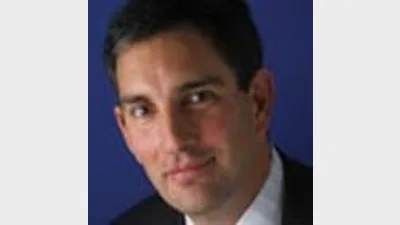Codes of conduct spark debate



Professional codes of conduct obviating the need for opt-in dominated a debate around professionalism in advice at the Financial Services Council conference, with the regulator currently unable to provide clarity on some key licensee concerns.
Infocus managing director Darren Steinhardt asked the panel how a licensee can avoid bearing the brunt when authorised representatives belonging to one or more industry bodies are bound by different and potentially conflicting obligations, and whether to avoid confusion we may end up with licensees implementing their own codes.
In reply, Australian Securities and Investments Commission (ASIC) senior manager Nick Coates said there seemed to be a tripartite relationship developing between the code bodies, professional bodies and licensees, but he could not currently give a definitive answer about licensees providing codes.
A current challenge for ASIC is harmonising these codes and ensuring they are all of similar standards, and fleshing that out what that means for licensees. The initial consultation paper should be out later this month, he added.
Association of Financial Advisers chief executive Richard Klipin said the industry needed to get to a point where professionalism and codes of conduct were a matter or "hygiene", where it was simply done and expected rather than being a topic of debate.
Klipin questioned why the financial planning industry was collectively mounting separate efforts in this area with so much overlay rather than putting in a collaborative effort like the accounting profession.
"You'll either force licensees to go it alone, or force people to choose one association over the other," Klipin said.
He added the "obviate" piece had seemed to give codes a bad name where they were being thought of as a way around opt-in, whereas in reality, codes should simply be good guidance.
Financial Planning Association chief professional officer Deen Sanders said one of the great challenges for the industry is that the Government believes they can create professionalism but that's the role of the industry, not the Government, he said.
"This is where professions and legislation tend to part company. Professions see this more holistically," Sanders said.
"Professions try to resolve issues of conflict, so we need to deeply understand what those issues of conflict are. That is a more appropriate response than trying to navigate legislation," he said.
Recommended for you
Melbourne advice firm Hewison Private Wealth has marked four decades of service after making its start in 1985 as a “truly independent advice business” in a largely product-led market.
HLB Mann Judd Perth has announced its acquisition of a WA business advisory firm, growing its presence in the region, along with 10 appointments across the firm’s national network.
Unregistered managed investment scheme operator Chris Marco has been sentenced after being found guilty of 43 fraud charges, receiving the highest sentence imposed by an Australian court regarding an ASIC criminal investigation.
ASIC has cancelled the AFSL of Sydney-based Arrumar Private after it failed to comply with the conditions of its licence.











